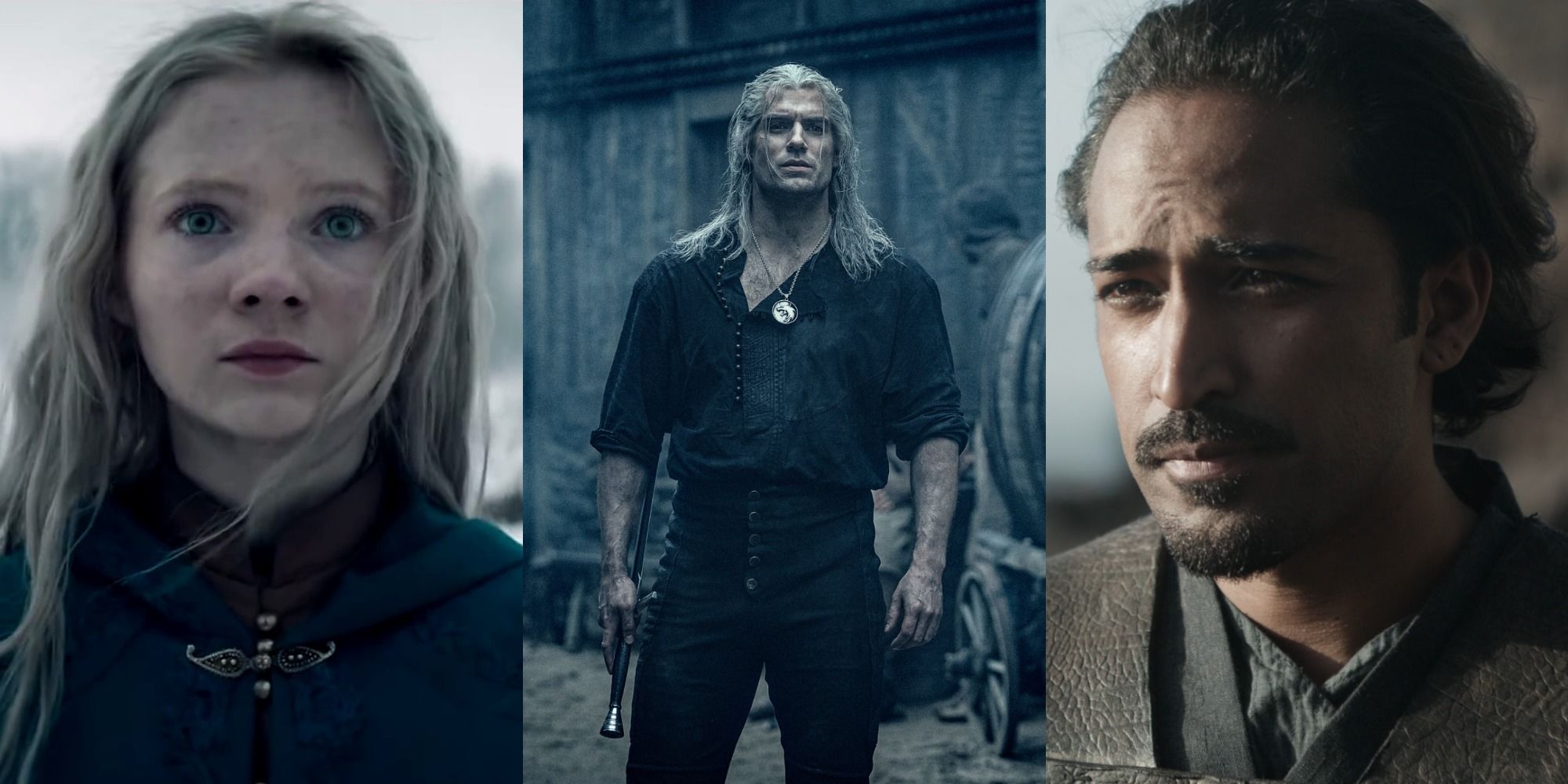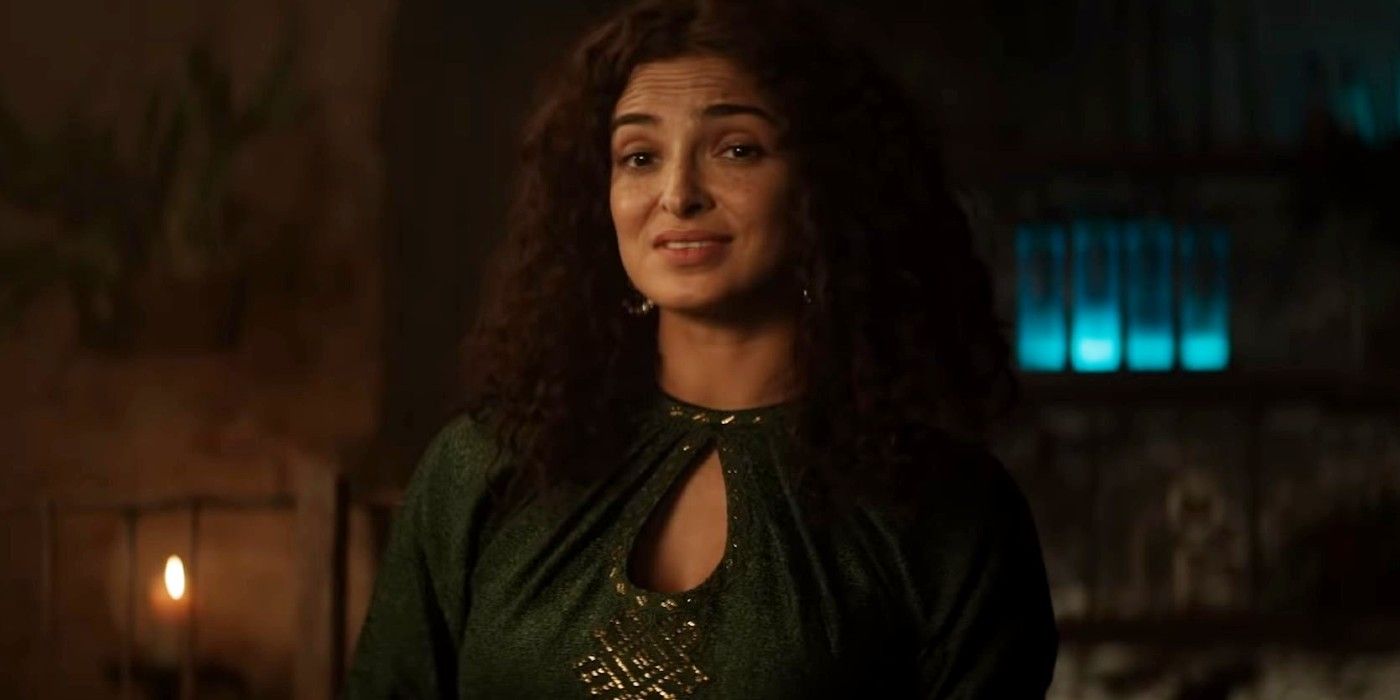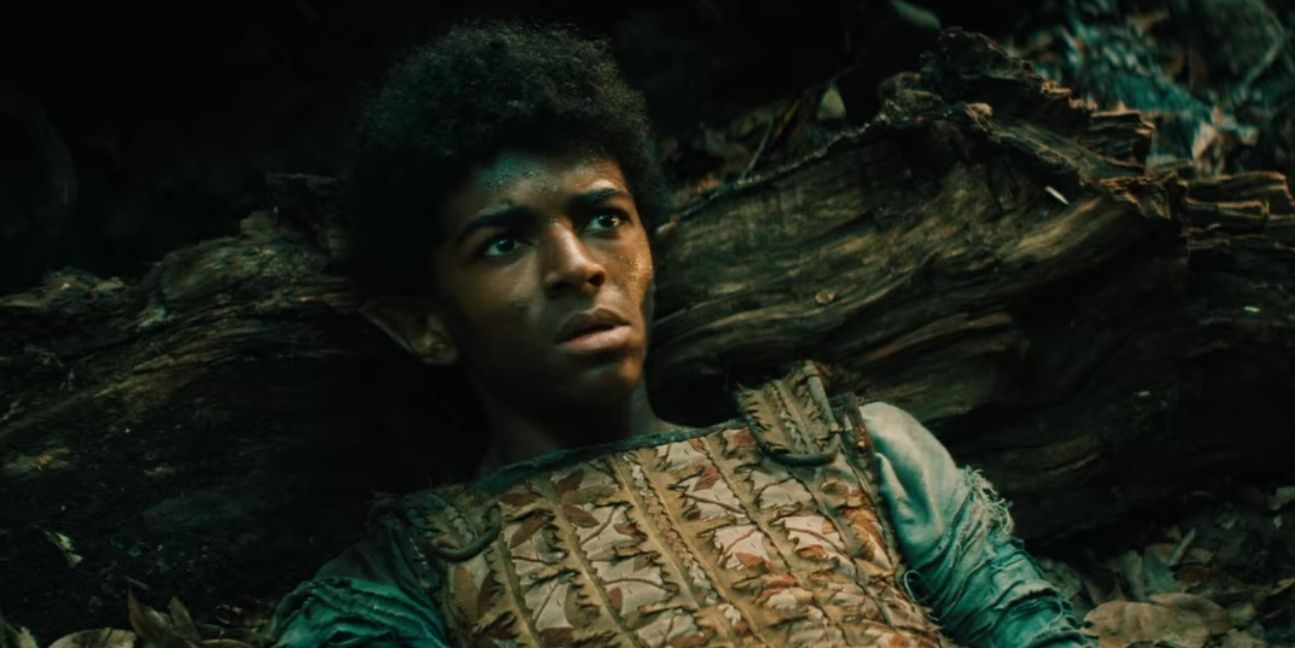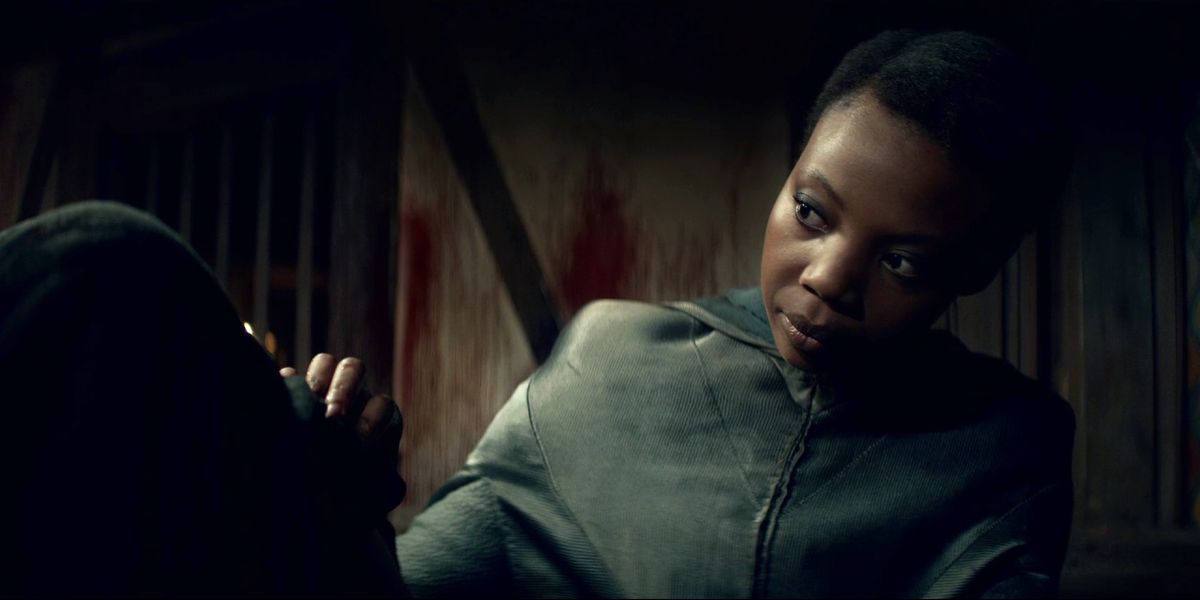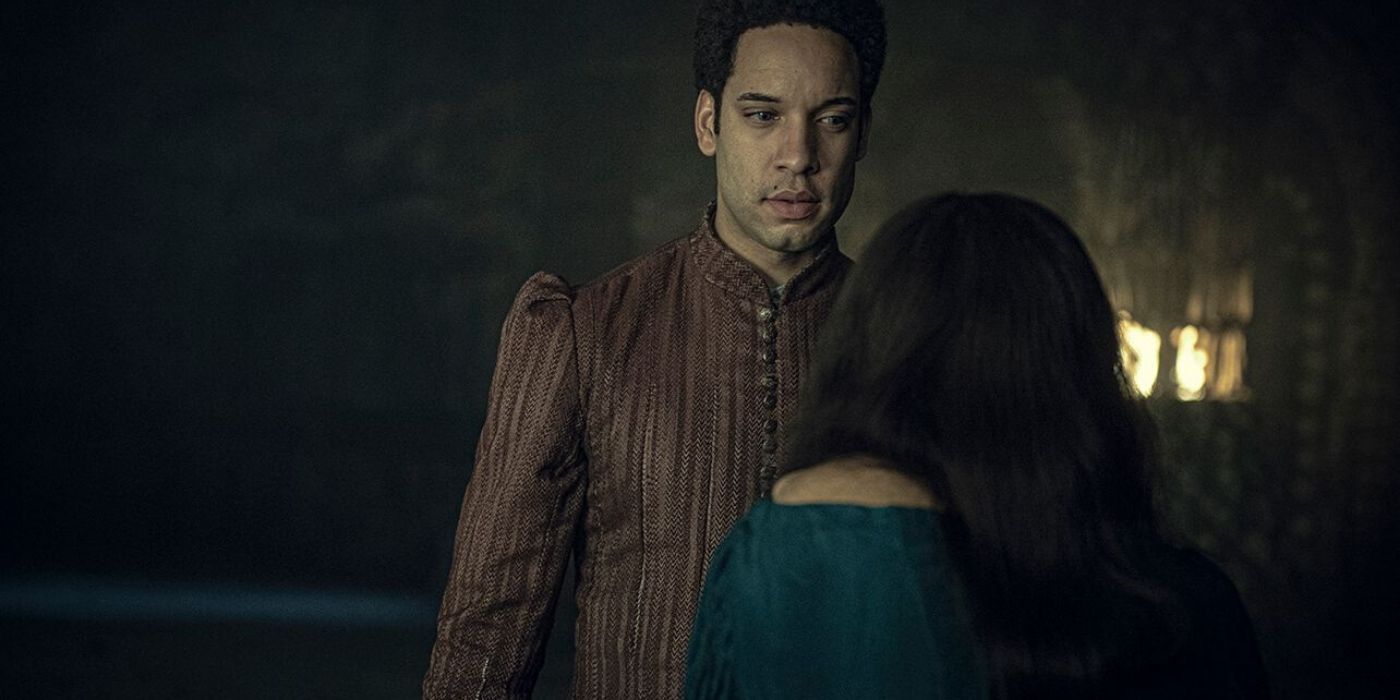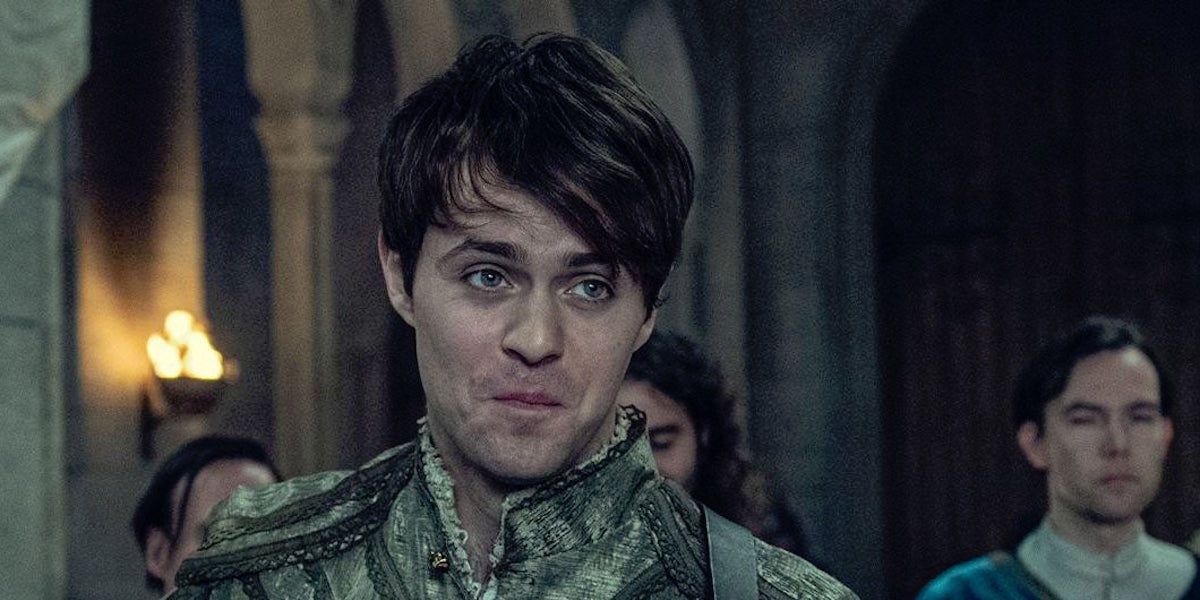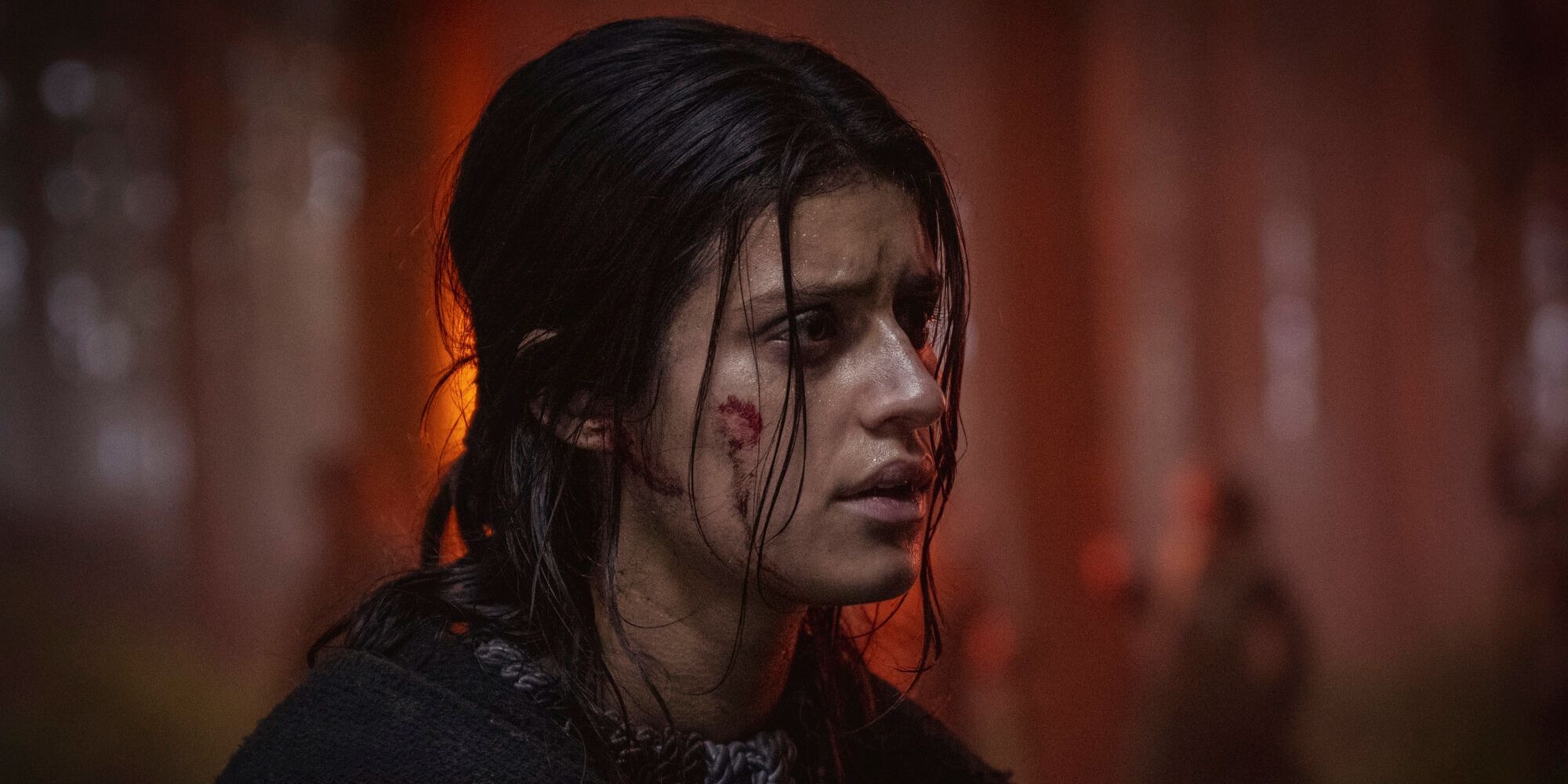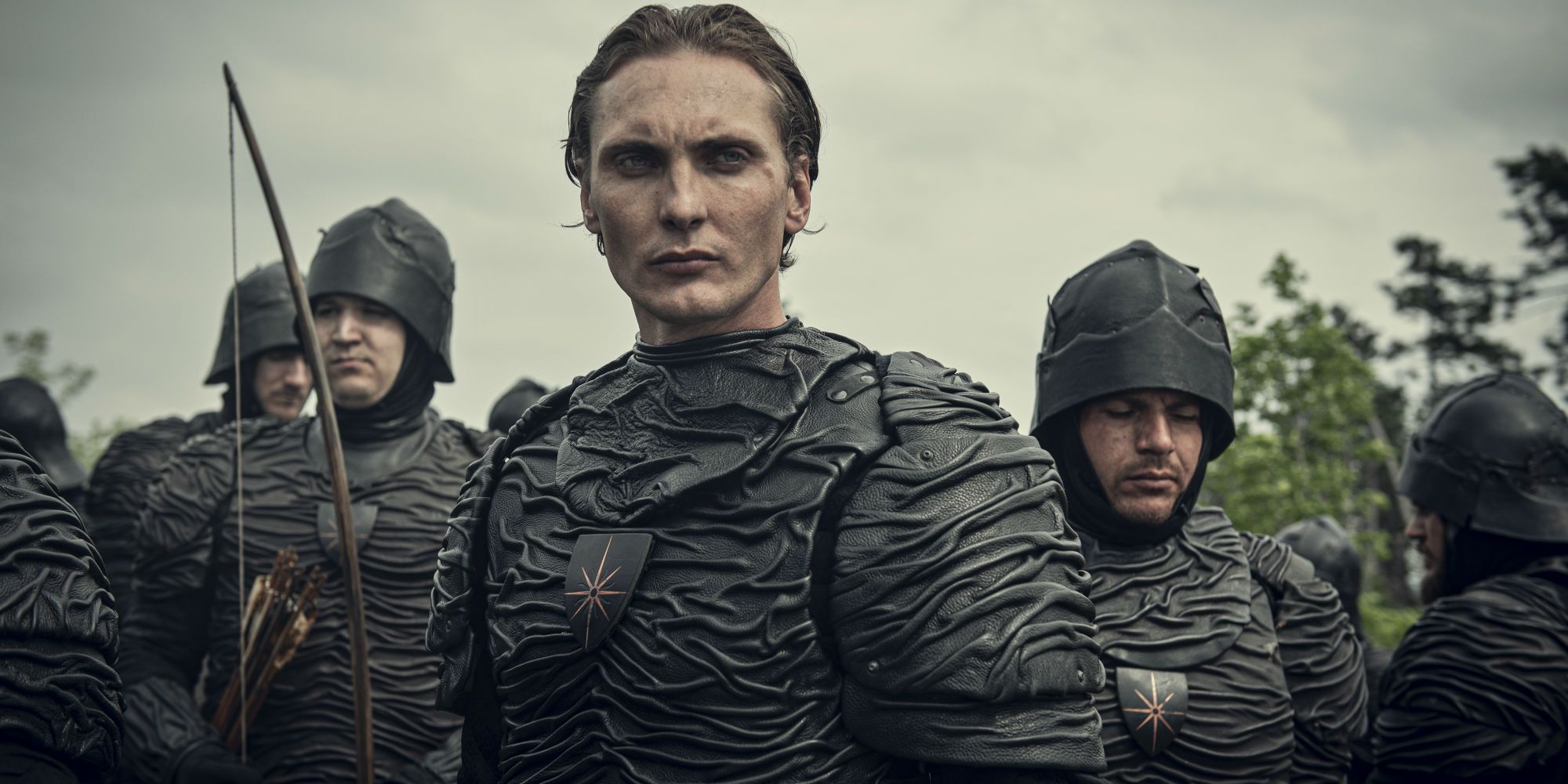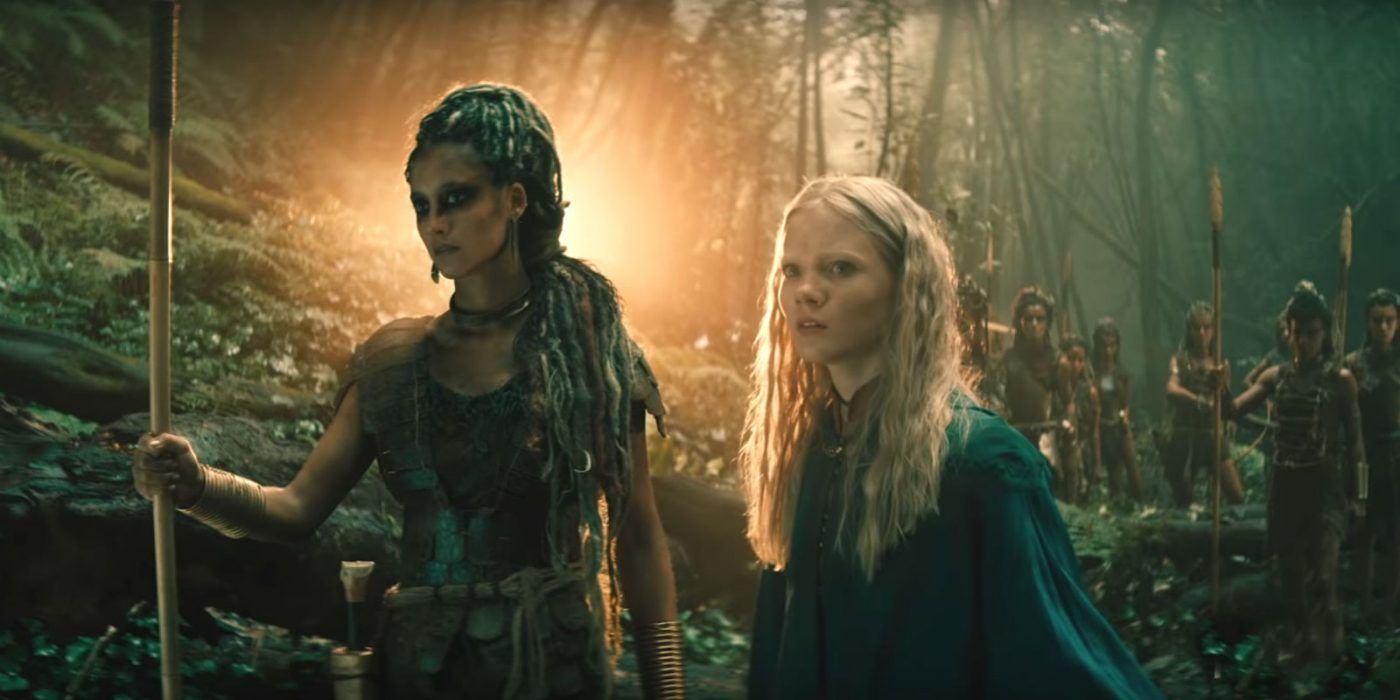From books to video games to a Netflix show, The Witcher has had quite a multimedia journey over the course of its life, with its popularity only increasing. Fans of the Netflix series may have trouble keeping track of the large cast of characters with unique names, not to mention the many magical beasts hunted during the show's first season.
The main characters of The Witcher have names that range from fantasy inventions based on other words to real-world names with traditional meanings, but all have meanings that are related to their character and their role in the show's plot. Although fans are still waiting to see where these characters end up, their stories are all just as intriguing as their names.
Vilgefortz
Although he is not revealed until significantly late in The Witcher's first season, Vilgefortz plays a major role in the conflict between Nilfgaard and the Northern mages. The final episode, however, reveals that he is actually a traitor on the side of the Nilfgaardians when he kills one of his alleged allies.
There are not a lot of clear answers when it comes to Vilgefortz's name, although some fans have noted that it resembles the name of the bearded female saint, Wilgefortis. "Wilgefortis" comes from the Latin for "courageous woman," a strange moniker for a male wizard, but one that fans of the books know will reveal itself to be ironic as his secrets unravel.
Triss Merigold
The mage Triss Merigold is not the biggest presence during the first season of The Witcher, but her role as a sorceress ally to Geralt and later the group of mages fighting against Nilfgaard marks her as an important character in the series. With a name that both sounds bright and has a positive meaning, Triss is a likable hero.
Triss is short for "Beatrice," a name that comes from the Latin word "beatus," which translates to "happy" or "blessed" in English. This, along with her floral-sounding last name, marks Triss as a heroic character whose magical prowess is generally used for good in the world of The Witcher.
Dara
Ciri's elf ally in her escape from Cahir, Dara is a youthful and loyal companion who has endeared himself to fans by helping keep Ciri safe in her quest to reach Geralt. His name, however, is somewhat difficult to untangle, as "Dara" is a name common to several cultures, each ascribing a different meaning to it.
Perhaps most applicable to The Witcher's Dara is the Slavic meaning, "gift," and the Hebrew meaning, "pearl of wisdom," since Dara can be seen as a gift to Ciri when she most needs an ally, and his wisdom helps her see past Cahir's tricks when the commander disguises himself.
Fringilla Vigo
An ally of Cahir and sorceress of Nilfgaard, Fringilla is one of the major villains throughout The Witcher's first season, as she pursues Ciri and leads the Nilfgaardian forces against the Northern mages. This murderous and manipulative mage, however, has a name that suggests something relatively peaceful.
"Fringilla" is a Latin word that refers to a particular genus of finches in biological classification, including the chaffinch and the brambling. It's unclear exactly what connection these little songbirds have to the ruthless sorceress, although perhaps a future season will reveal a greater meaning to this name.
Istredd
The likable former lover of Yennefer, Istredd originally met the sorceress when they were each tasked with spying on the other's mentor, where he fell in love with her. Although their relationship eventually evolves to the point where Istredd realizes Yennefer has chosen power over him, he still looms large in fans' hearts.
While the name "Istredd" does not appear to have a clear origin, it may come from the similar-sounding name "Astrid," which itself comes from Norse culture and translates to "divinely beautiful." Istredd's pure heart and his attractiveness to Yennefer are both reflected in this name, but time will tell if the name takes on further divine meaning.
Jaskier
Jaskier is the bard and nuisance to his companion Geralt that the internet fell in love with when The Witcher premiered on Netflix, and he will likely return for the second season. The name "Jaskier" is actually a change from the books (translated into English) and video games, as in those media, the bard is named Dandelion.
In the original Polish books, the character is called Jaskier, which is a yellow flower that would most directly translate to "Buttercup" in English. Instead of translating the flowery name, the show's writers kept the Polish name, keeping the connection between the character's flowery nature and profession with his name without overtly referencing the flower.
Yennefer
One of the main protagonists and strongest fighters of The Witcher, viewers have journeyed alongside Yennefer from her days studying sorcery at Aretuza to her tutelage under Tissaia and her time with Geralt. As one of the more complex characters in the series, Yennefer's name has a fittingly mysterious meaning.
Her name is likely a variation on the name "Jennifer," which itself comes from the Cornish for "white wave" or "white shadow." The former name suggests the incredible power she displays as she takes on the Nilfgaardian army, while the latter points to her status as a spy for Tissaia, as well as her fleeting presence in the lives of both Istredd and Geralt.
Cahir Mawr Dyffryn Aep Ceallach
Although the finale leaves much in the air about his role, Cahir is the Nilfgaardian commander who acts as the primary antagonist of the show's first season. His pursuit of Ciri and command of the dominating Nilfgaardian army mark him as a dastardly villain and fierce warrior.
Fittingly, then, the name Cahir comes from the Irish for "battle man," highlighting Cahir's military position, as well as his impressive prowess in battle. After the defeat of his army, though, it is uncertain just how much his status as a "battle man" will help him moving into the second season.
Cirilla "Ciri"
As the refugee princess of Cintra (and a potential future witcher), Cirilla, better known by her nickname Ciri, has spent the better part of The Witcher's run so far on the run from Nilfgaardian forces, led by Cahir and Fringilla. Seeking Geralt, who is bound to her by fate thanks to a past incident before her birth, Ciri is a major hero with a fittingly regal name.
Both "Cirilla" and "Ciri" come from the root name "Cyrilla," which itself comes from the Latin word for "lordly," similarly to the related "Cyril." This name origin seems to be a nod to Ciri's royal lineage, as well as an ironic twist on the fact that she has been exiled from her kingdom.
Geralt
The titular witcher himself, Geralt is the silver-haired protagonist of the series whose monster-hunting exploits have led him to be tied to Ciri and the war between Nilfgaard and the Northern mages. His initial reluctance to accept the importance of his role in such grand political conflicts is reflected in the simplistic meaning of his name.
"Geralt" is a variation on "Gerald," a name with Germanic and English roots that translates to "rule of the spear," referencing Geralt's status as a warrior. Although he is more known for his skills with a sword than with a spear, Geralt's name does both suggest that he is a hero and that his life is ruled by his lonely role as a mercenary hunter.

